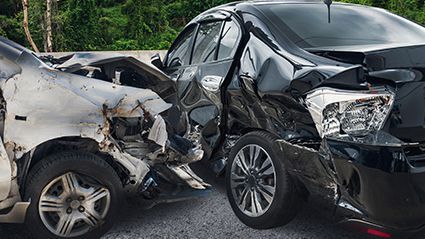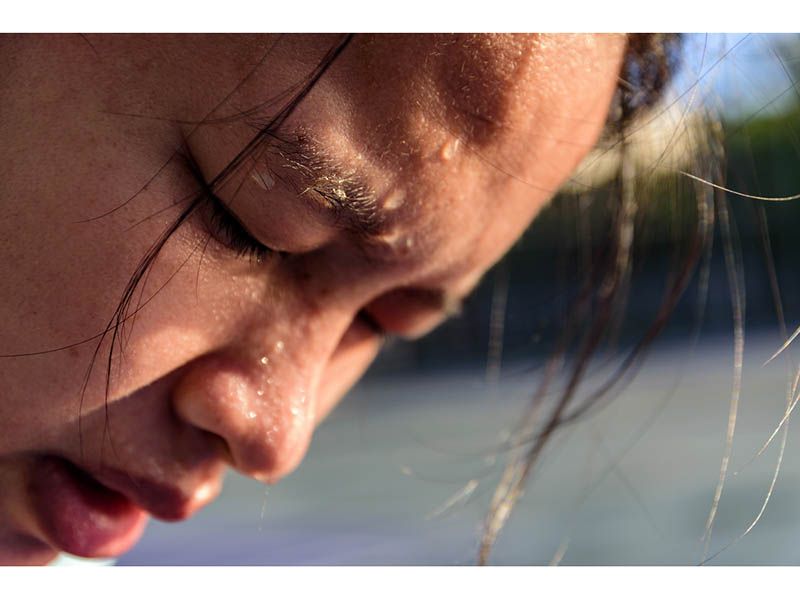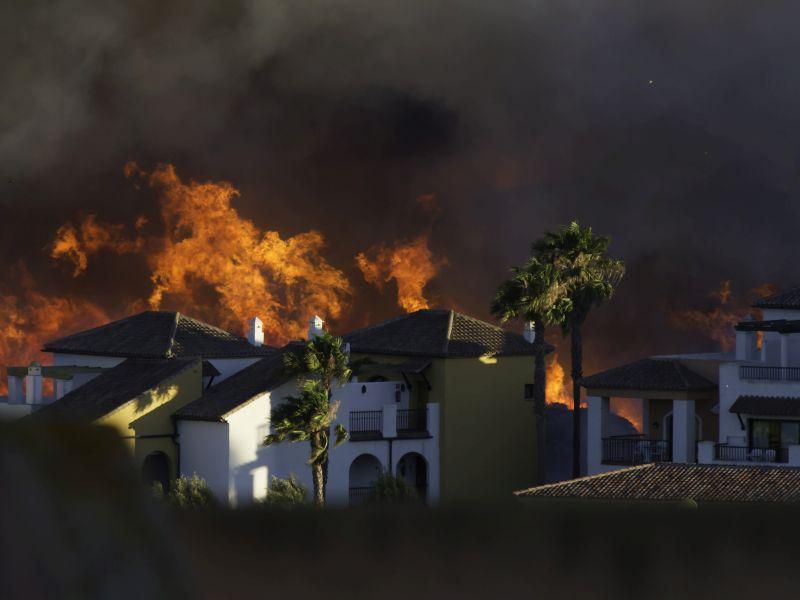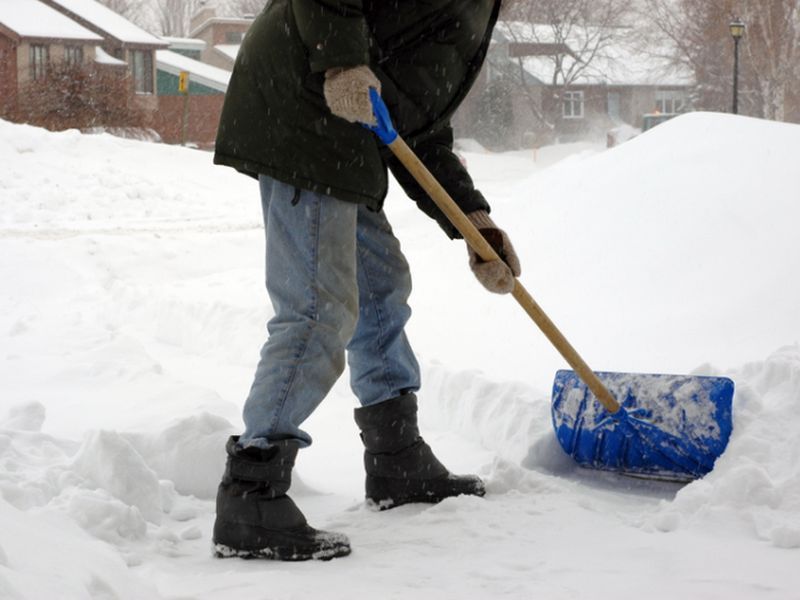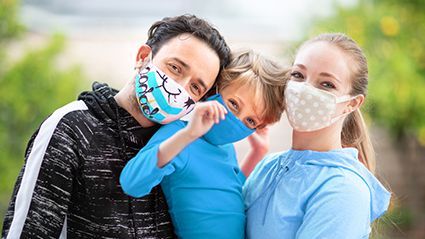
Here’s a silver lining to having to strap a mask across your face when you go out in public: That mask may also help guard against severe spring allergies, an expert says. Many patients with spring allergies are doing well this season because they’re spending more time indoors and wearing a mask when they go… read on > read on >













